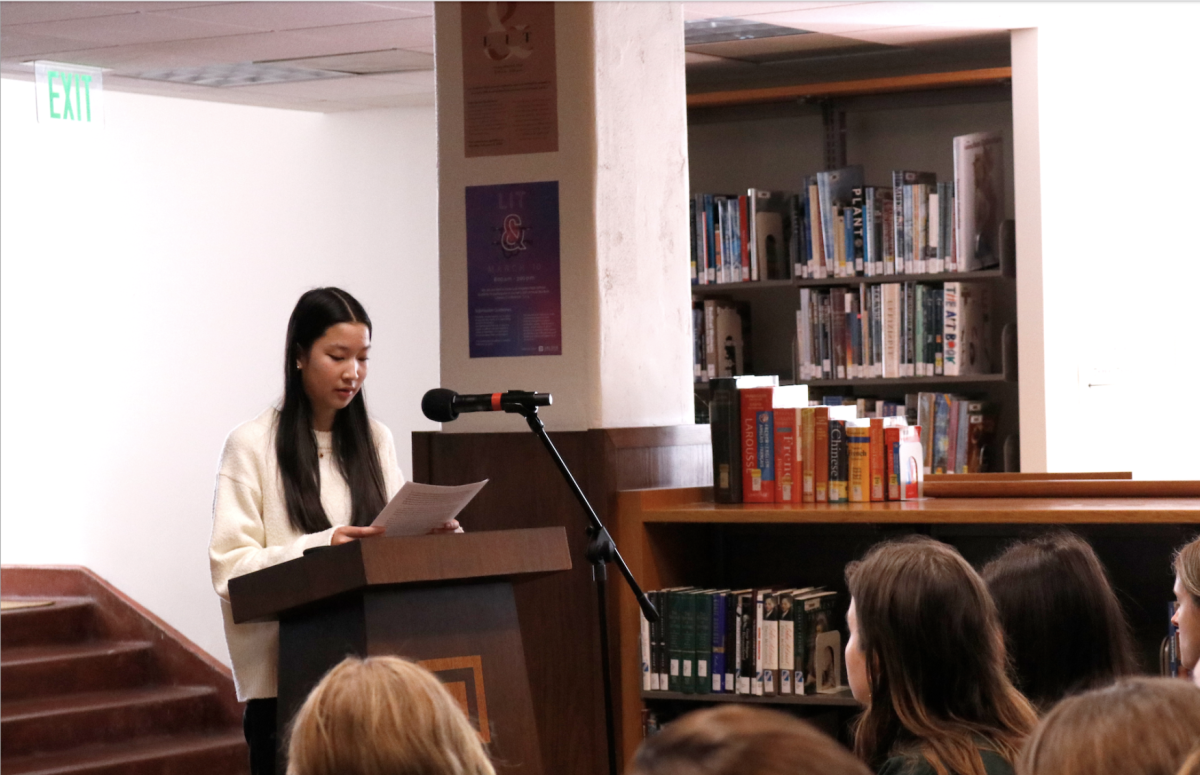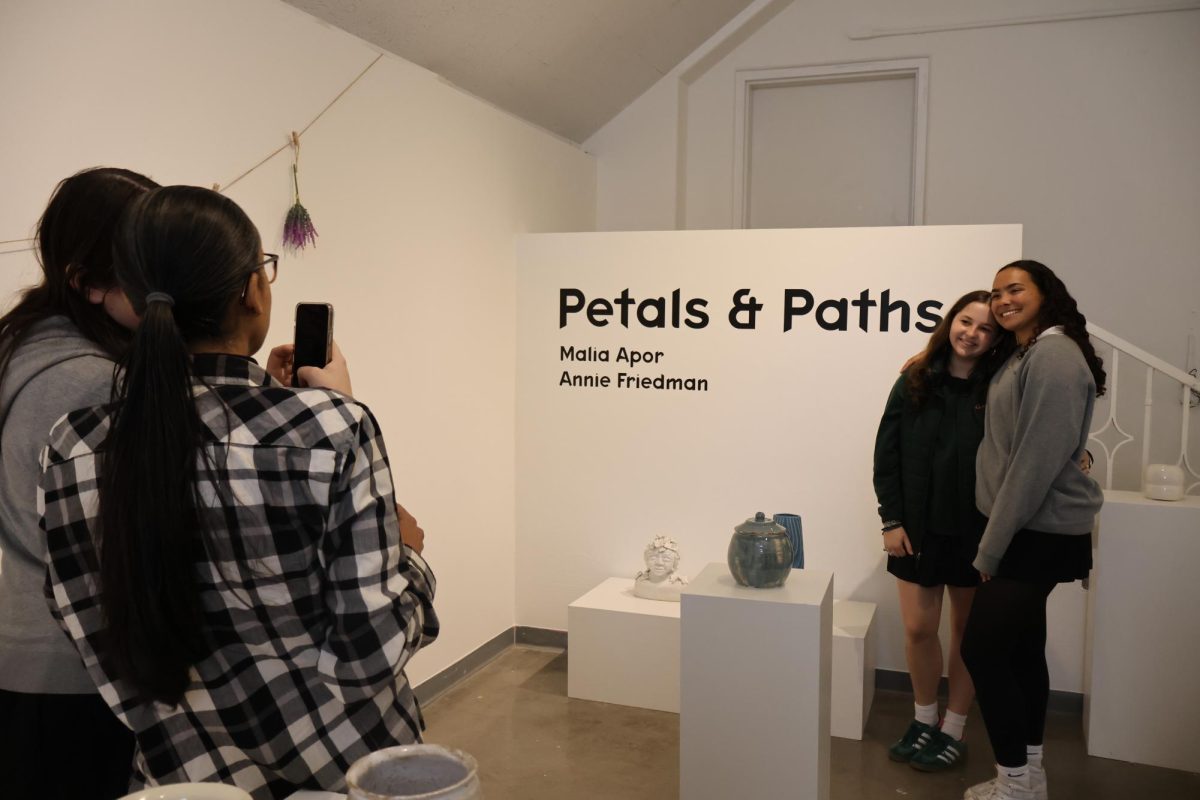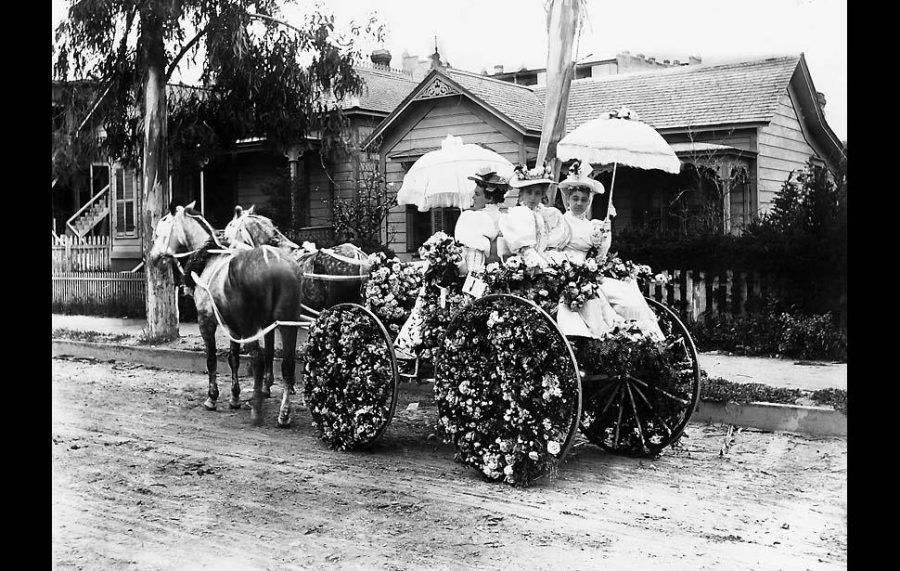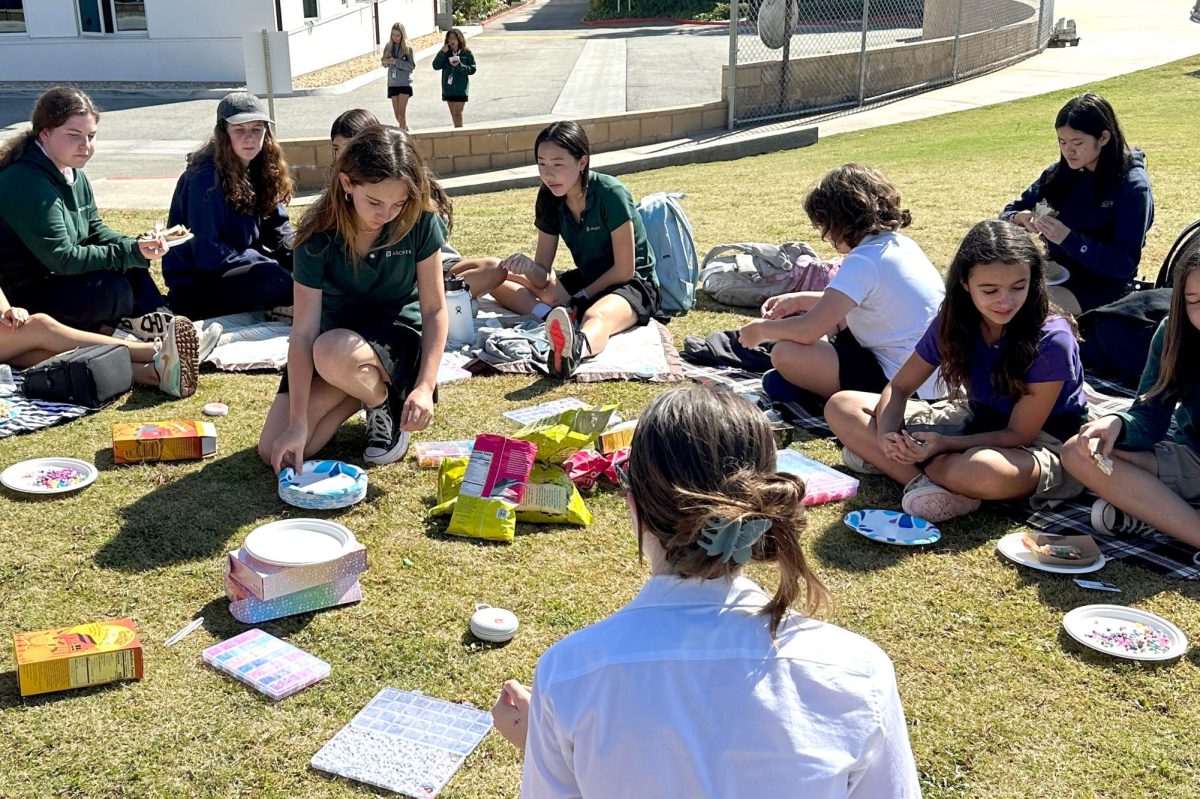The Tournament of Roses Parade is an annual festival held on Jan. 1. It is held on a three-mile stretch on one of the busiest streets in Pasadena, California.
According to their website, the first Rose Parade took place in 1890 on New Year’s Day. The Valley Hunt Club, the founders and first sponsors of the event, organized and staged it on Colorado Boulevard in Pasadena. They sought to commemorate California’s beauty and warmth even in the midst of winter by showcasing lavish botany, and they utilized the spirit and charm of the parade to promote the “Mediterranean of the West.”
“In New York, people are buried in snow,” said Professor Charles F. Holder at a Club meeting. “Here our flowers are blooming and our oranges are about to bear. Let’s hold a festival to tell the world about our paradise.” The parade consisted of horse carriages adorned with marigolds, daisies, and most of all, roses. Following these festivities, the Valley Hunt Club held various sporting events, such as chariot races and polo matches.
Although a secular event, the “Never on Sunday” policy—instituted in 1893—prohibits the event from taking place on a Sunday. Alternatively, the Rose Parade would be held on the subsequent Monday, Jan. 2. According to the Tournament of Roses website, the policy was installed “to avoid frightening horses tethered outside local churches and thus interfering with worship services.”
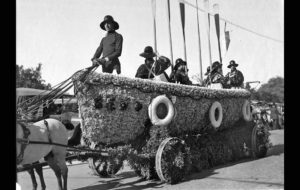
Source: LA Times
The Rose Parade has increasingly gained popularity. The Los Angeles Times recognized the event’s 10th annual celebration in 1900 with its article The Tournament of Roses. “There were more flowers than ever, the procession was more varied and picturesque,” opens the article tribute. “The enthusiasm was livelier, the crowd was greater and everything was in the superlative.”
From a small, rose-themed festival, the Rose Parade gained national attention for its motorized floats featuring extravagant, floral decor and adroit marching bands. The football game following the parade was introduced in 1902—Stanford and the University of Michigan being the first contenders. The famed Rose Bowl game has sold out every year since 1974 and is the most highly acclaimed college football event of the year.
While intended to be a joyful celebration of life and diversity, various groups have openly opposed and protested against organizations included in the parade. In 2013, at the 125th annual Rose Parade (themed, “Dreams Come True”), 100 PETA supporters attempted to stop SeaWorld’s float. Nineteen members were arrested on site. Another impetus for protest was the gay marriage atop the AIDs Healthcare Foundation’s float. Subsequent to the parade, banners reading “Marriage = 1 Man + 1 Woman” hovered above crowds of onlookers.
“I guess they think they can pervert this year’s theme ‘Dreams Come True,’ to allow this disgusting exhibition,” a woman wrote on a Facebook page to protest the wedding ceremony. “Tell them NO! Tell their sponsors NO. Tell them you will boycott the parade by not watching or attending, and that you will NEVER watch or be part of it again.”
Whether or not the Rose Parade has become a source of political contention, it remains a beacon of expression. The Tournament of Roses Parade allows us to embrace and accept our differences through awe-inspiring floats with intricate, artistic skill. The annual themes remind us to celebrate our achievements and “believe in the probability of success.”
After all, “Dreams [do] Come True.”




![Freshman Milan Earl and sophomore Lucy Kaplan sit with their grandparents at Archer’s annual Grandparents and Special Friends Day Friday, March 15. The event took place over three 75-minute sessions. “[I hope my grandparents] gain an understanding about what I do, Kaplan said, because I know they ask a lot of questions and can sort of see what I do in school and what the experience is like to be here.](https://archeroracle.org/wp-content/uploads/2024/03/grandparents-day-option-2-1200x800.jpg)
